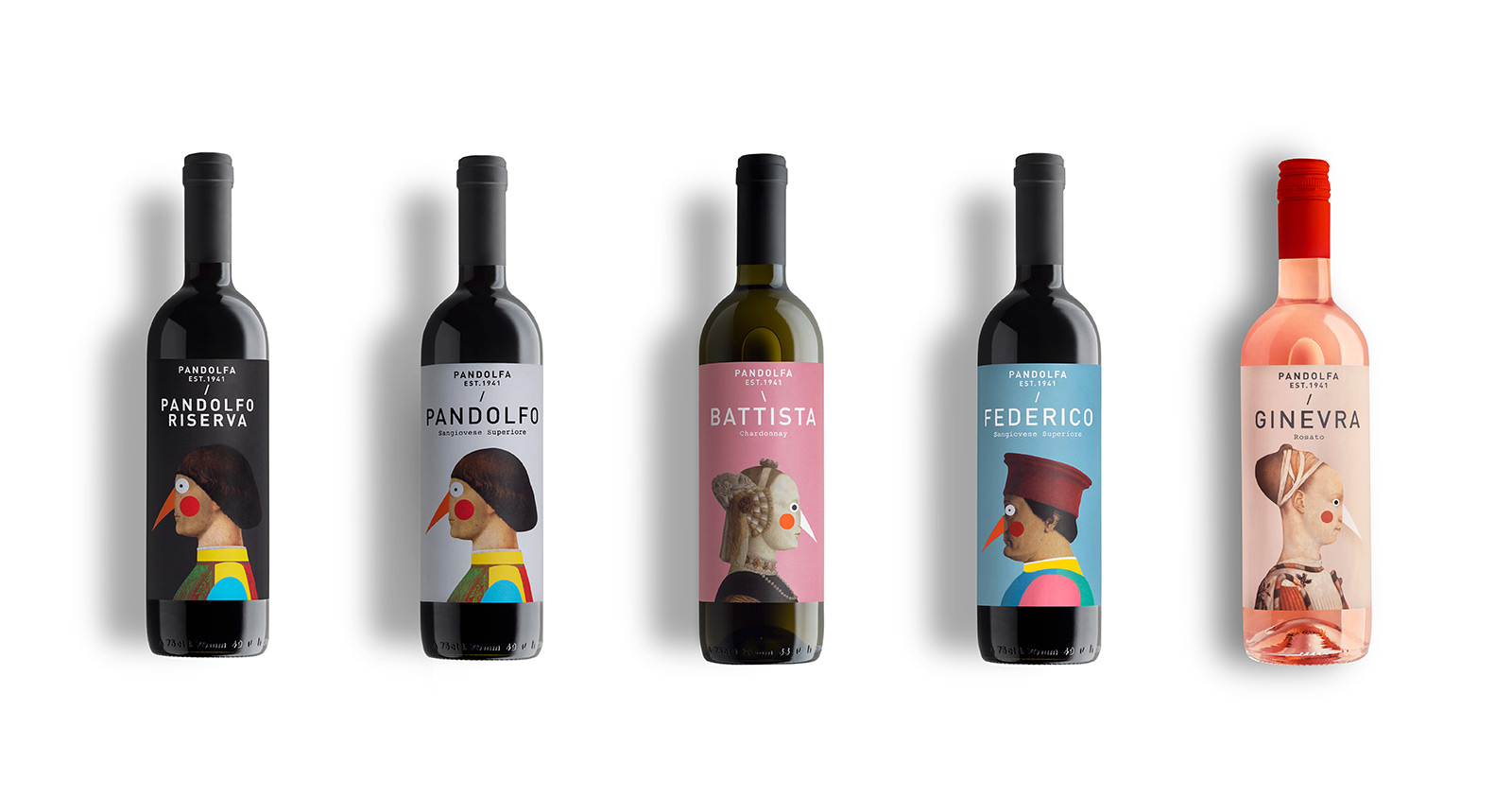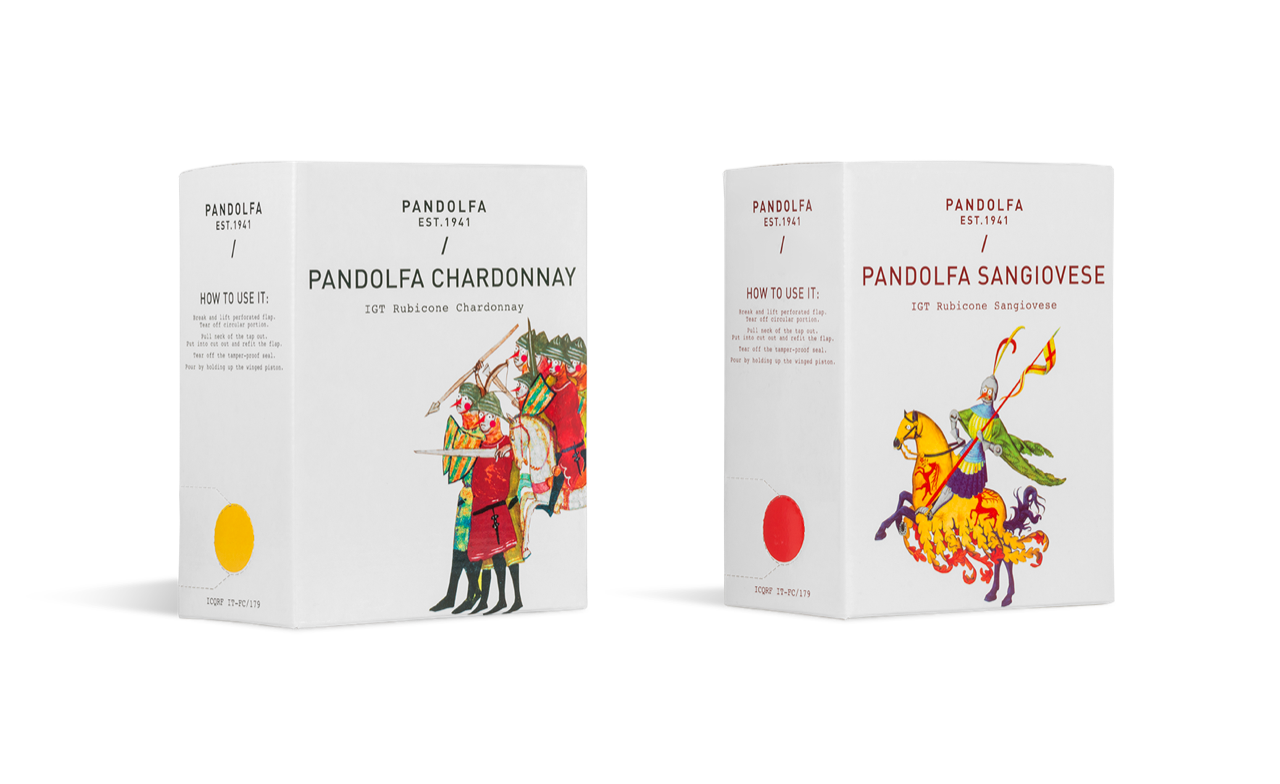Farm
An Ancient Heritage
Pandolfa’s agricultural heritage goes back several centuries. In the early 1700s, the farm produced honey, olive oil, deliciously tasting fruit, ancient cereals, linen and hemp and, most certainly, wine, including Sangiovese wine. Following a period of decline, the land is now alive again, ready for new seeding.
Today’s Production
At current, about 90 hectares are devoted to farming, mostly vines, but also olive trees and fruit trees, such as quince, fig, apple, medlar, cherry and pomegranate trees. The land is farmed with a natural fertilizing system by using cover crops, mostly leguminous plants. We are experimenting with the cultivation of aromatic herbs, in a vegetable garden. There is also a small animal farm. The rest of the land is covered with age-old woods.
The Vineyards, The Terroir
Pandolfa winery has 30 hectares planted with vineyards, rising at 80 to 250 meters above sea level and growing in clayey soils, which range in color and complexity from grey-brown to ochre.
The vineyards are planted mostly with Sangiovese grapes, based on a classic and well-tended cultivation model, fruit of this land’s centuries-old winegrowing tradition.
We are located in the subzone of Predappio, a historic Sangiovese winegrowing area. The cultivation of Sangiovese grapes is completely intertwined with the history of great winemaking families, who have contributed to the development of the Sangiovese, by selecting specific ecotypes with elliptical clusters and introducing head-training and low-training systems.
The soil is rich in clay, which, as the land’s height increases along the Rabbi stream, gets more colored, lighter and richer in minerals.
Predappio’s climate is basically continental, but as you climb up the hills, the diurnal temperature variation increases, as well as the sea effect, for the Adriatic Sea is only 50 kilometers away and the breeze reaches the hills with no obstacles along the way.
The winery is increasingly committed to environmental sustainability.
We have been converting to organic farming since August 2018.
![]()





